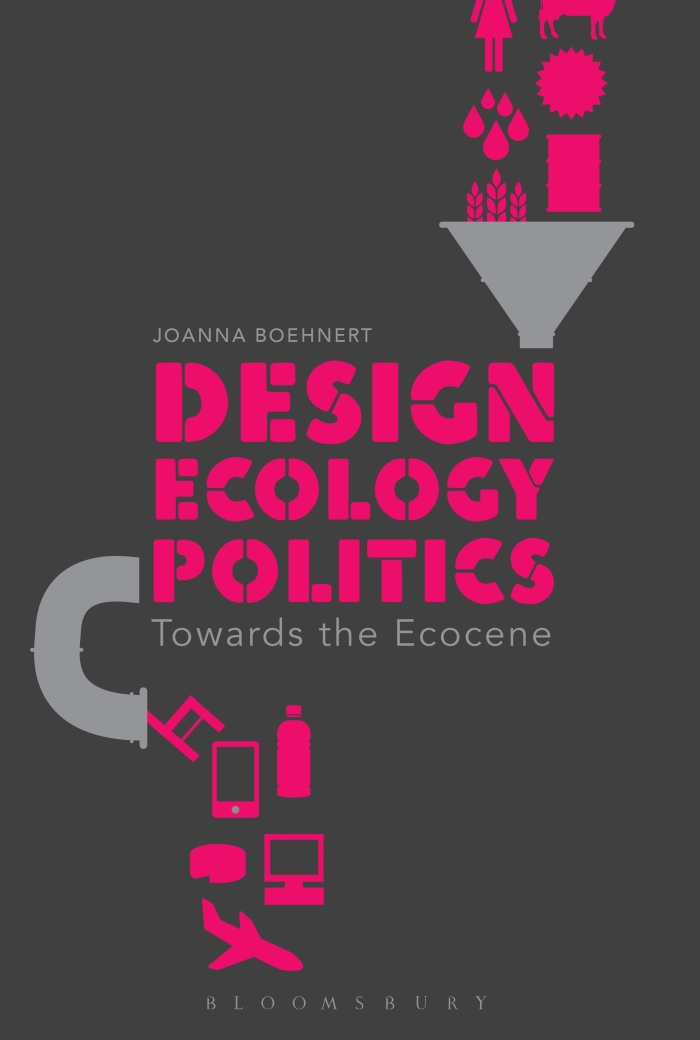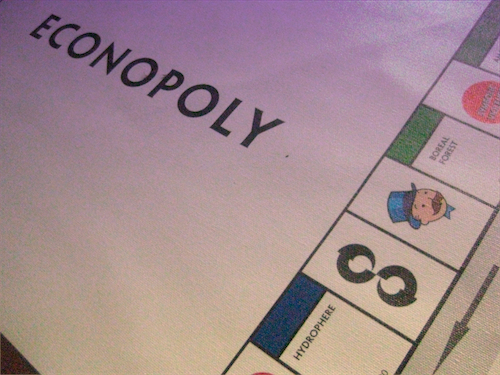People tend to deny information that they find uncomfortable. In the seminal book States of Denial sociologist Stanley Cohen states that a proclivity to deny disturbing facts is the normal state of affairs for people in an information-saturated society. Cohen’s book is based on wide-reaching cross-cultural studies including Nazi Germany, South Africa, Israel/Palestine, Rwanda and others zones of human rights abuse, genocide and state sanctioned or institutional violence. Cohen describes strategies of denial on a personal level as psychological and cognitive, and on societal level as communicative and political. Denial can function psychologically below levels of awareness; denial is a ‘high speed cognitive mechanism for processing information, like the computer command to delete rather than save’ (Cohen 2001:5). On a cultural level, communication breakdown works to support denial. Relativism reinforces denial strategies in popular culture and in political debate. In its most extreme form, relativism makes all value systems equal, even those responsible for human suffering and the destruction of the natural world. In this way, relativism is corrosive to moral action.

Although Cohen’s analysis of how disturbing information is avoided is based on violence against people, this work on denial is relevant for environmental communications as first suggested by climate communicator George Marshall (2007, 2009) and further developed in this thesis. Understanding the psychological and communicative processes at work inform strategies to break denial in order to facilitate acknowledgement of environmental crisis – the essential first step towards transformation. This chapter will examine how environmental communication can break the numbing effects of denial of ecological self through a greater understanding of associated psychological and social processes.
Denial is complex and multi-faceted and a primary communicative obstacle in environmental communication. Cohen describes the psychological and cognitive processes supporting denial in individuals. The ability to block out, remain passive, apathetic, indifferent and unresponsive is, an unconscious defence mechanism for coping with guilt, anxiety or other disturbing emotions aroused by guilt. The psyche blocks off information that is literally unthinkable or unbearable. The unconscious sets up a barrier that prevents the thought from reaching conscious knowledge (Ibid:5).
According to Cohen, denial manifests in three different ways (although each of these has endless characteristics):
1) Literal (nothing happened)
2) Interpretative (what happened is really something else)
3) Implicatory (what happened was justified) (Cohen 2001:99)
Each of these strategies for denial must be circumvented with care. These types of denial are further complicated by levels at which they become evident within individuals:
1) Cognition (not acknowledging the facts)
2) Emotion (not feeling, not being disturbed)
3) Morality (not recognizing wrongness or responsibility)
4) Action (not taking steps in response to knowledge) (Ibid:9)
Each of these states of denial is also a stage towards acknowledgement as part of a strategy to break denial. The processes that occur in individuals are multiplied across cultural groups where denial becomes institutionalized and systemic (Ibid:94).
Denial in social groups is exacerbated by communication failure and by powerful interests that benefit from keeping denial working in their favour. On a cultural level, multiple individual cases of denial leads to normalization, then ignoring which develops into collusion: ‘People trying to look innocent by not noticing’ (Ibid:xii). Here cultures of ‘splitting’ develop characterized by dissociation and psychic numbing (Ibid:93). Cohen describes how cultures plagued by high levels of denial escape into a state that he calls ‘innerism’, defined as an ‘escape from the public sphere into private life and consumer interests’ (Ibid:156). The spectacles of consumer capitalism clearly provide sufficient distractions.
Cohen’s work on denial has useful insights for the communication of ecological literacy. Collective acknowledgement must become an explicit goal. Cohen explains that ‘acknowledgement is what happens to knowledge when it becomes officially sanctioned and enters public discourse’ (Ibid:225). Collective acknowledgement is transformational as it ‘makes previously normalized conditions into social problems… [and]…social institutions, policy strategies, and, even a new language are in place to undermine denial and encourage and channel individual acknowledgement’ (Ibid:250). This dramatic change comes about through the work of social movements and public discourses that aim to chip away and eventually shatter denial. Strategies for breaking denial involve creating the individual and social capacity for acceptance of circumstances. Social movements use processes of consciousness-raising or politicization to effect this change (Ibid:11). Tactics for breaking denial aim beyond merely presenting the facts and invoking moral arguments to directly addressing the social and psychological mechanisms that support denial.

Learning to accept denial as a natural phenomenon and not demonize those who perpetuate denial (despite the destructive consequences that are a result of the lack of political will and motivation for change) must be a foundational concept for effective environmental communication. Understanding the psychological processes of denial can help communicators assist individuals through the difficult process of acknowledging and reacting to disturbing environmental information. Getting to the point where denial is acknowledged and actively addressed is key. Cohen explains:
Instead of agonizing about why denial occurs, we should take this state for granted. The theoretical question is not ‘why do we shut out?’ but ‘what do we ever not shut out?’ The empirical problem is not uncover yet ever more evidence of denial, but to discover the conditions under which information is acknowledged and acted upon. The political problem is how to create these conditions. This reframes the classic studies of obedience: instead of asking why most people obey authority so unthinkingly, let us look again and again at the consistent minority – nearly on-third, after all – who refuse to obey (Ibid:249).
Communication strategies can be designed to turn denial into a category of social deviance. For example, drawing analogies from the feminist struggle, compare the social acceptability of misogyny in 1950 versus 2011. Environmental communicators must work to make denial of ecological conscience as socially unacceptable as misogyny.1 Pressure groups and social movements work on shattering denial to end the normalization of ignoring and help create collective acknowledgement. Cohen’s work is based on denial of human rights abuses rather the harm humanity perpetuates on the natural world but the lessons learned from these struggles can inform an understanding of denial of ecological relations. History has witnessed radical social change in the past where new moral codes were created and we have consciously changed power dynamics, laws and institutions accordingly (obvious examples are the civil rights, feminist and anti-colonization movements). Similar strategies are now needed to encounter denial of ecological relations in order to move to acknowledgement and action.
This text is re-published (slightly edited) from my 2012 PhD ‘The Visual Communication of Ecological Literacy: Designing, Learning and Emergent Ecological Perception‘, which is available here.


















